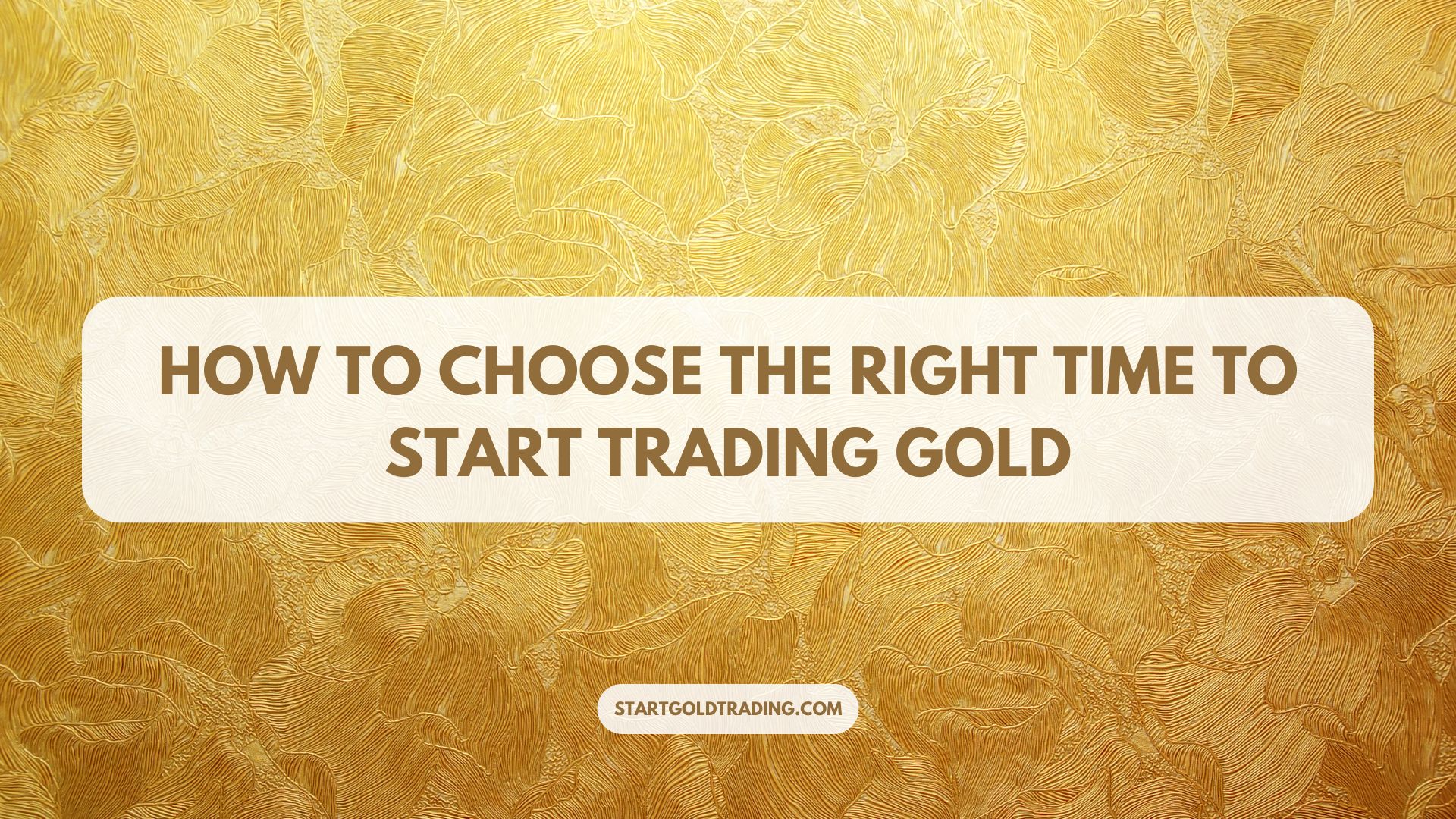Timing is crucial in gold trading. Understanding market cycles, seasonal trends, and economic events can help traders optimize their entry points and maximize profitability. This guide explains how to analyze these factors to determine the best time to trade gold.
1. Market Cycles: Understanding Bull and Bear Cycles in the Gold Market
Gold, like other financial assets, moves through bull (rising prices) and bear (falling prices) cycles. Identifying these cycles is essential for making profitable trades.
Key Indicators of Bull and Bear Cycles
- Bull Market Signals:
- Rising inflation and economic uncertainty increase gold demand.
- Central banks buying gold as a reserve asset.
- A weakening U.S. dollar enhances gold’s value.
- Bear Market Signals:
- Higher interest rates reduce gold’s appeal compared to interest-bearing assets.
- Strong economic growth and rising stock markets lower safe-haven demand.
- Strengthening U.S. dollar puts downward pressure on gold prices.
How to Trade Market Cycles Effectively
- Use technical analysis (e.g., moving averages, RSI) to identify trends.
- Monitor macroeconomic indicators like inflation and central bank policies.
- Follow gold demand trends from investors, institutions, and central banks.
2. Seasonal Trends: Identifying and Capitalizing on Seasonal Variations in Gold Prices
Gold prices often follow seasonal trends due to changes in consumer demand and global economic conditions.
Key Seasonal Trends in Gold Trading
| Season | Trend |
|---|---|
| January – March | Increased demand due to Chinese New Year and Indian wedding season. |
| April – June | Prices may stabilize or dip due to post-festival slowdowns. |
| July – September | Renewed buying interest before Indian festival season. |
| October – December | High demand due to holiday shopping and investment hedging. |
How to Trade Seasonal Trends
- Analyze historical price patterns and adjust strategies accordingly.
- Monitor global consumer demand during festival seasons.
- Take advantage of historically bullish months for long positions.
3. Economic Events: Timing Your Entry Around Major Economic Announcements
Economic events significantly impact gold prices, creating trading opportunities.
Key Economic Events to Watch
| Event | Impact on Gold Prices |
| Federal Reserve Rate Decisions | Higher rates decrease gold’s appeal; lower rates increase demand. |
| Inflation Reports (CPI, PPI) | Rising inflation boosts gold as a hedge. |
| GDP Announcements | Strong GDP weakens gold demand; weak GDP strengthens it. |
| Geopolitical Events | Political instability increases safe-haven demand. |
How to Trade Around Economic Events
- Use an economic calendar to track upcoming announcements.
- Avoid entering trades just before major events to minimize risk.
- React quickly to interest rate changes and inflation data.
Conclusion
Choosing the right time to trade gold involves analyzing market cycles, seasonal patterns, and economic events. By studying these factors and using a data-driven approach, traders can improve their timing and enhance profitability.
🚀 Ready to trade gold? Monitor key indicators, follow seasonal trends, and time your trades around major economic events for success!

